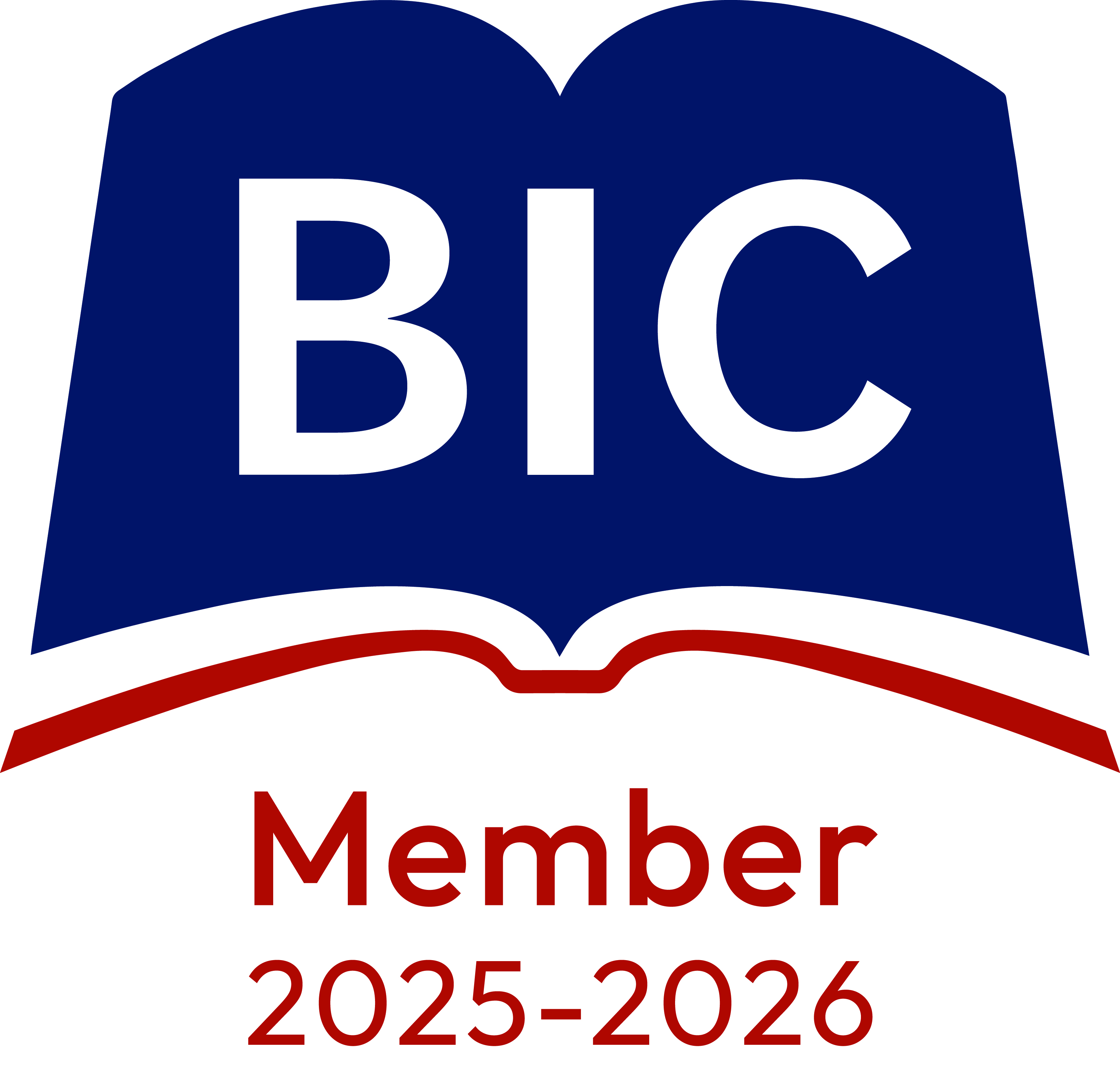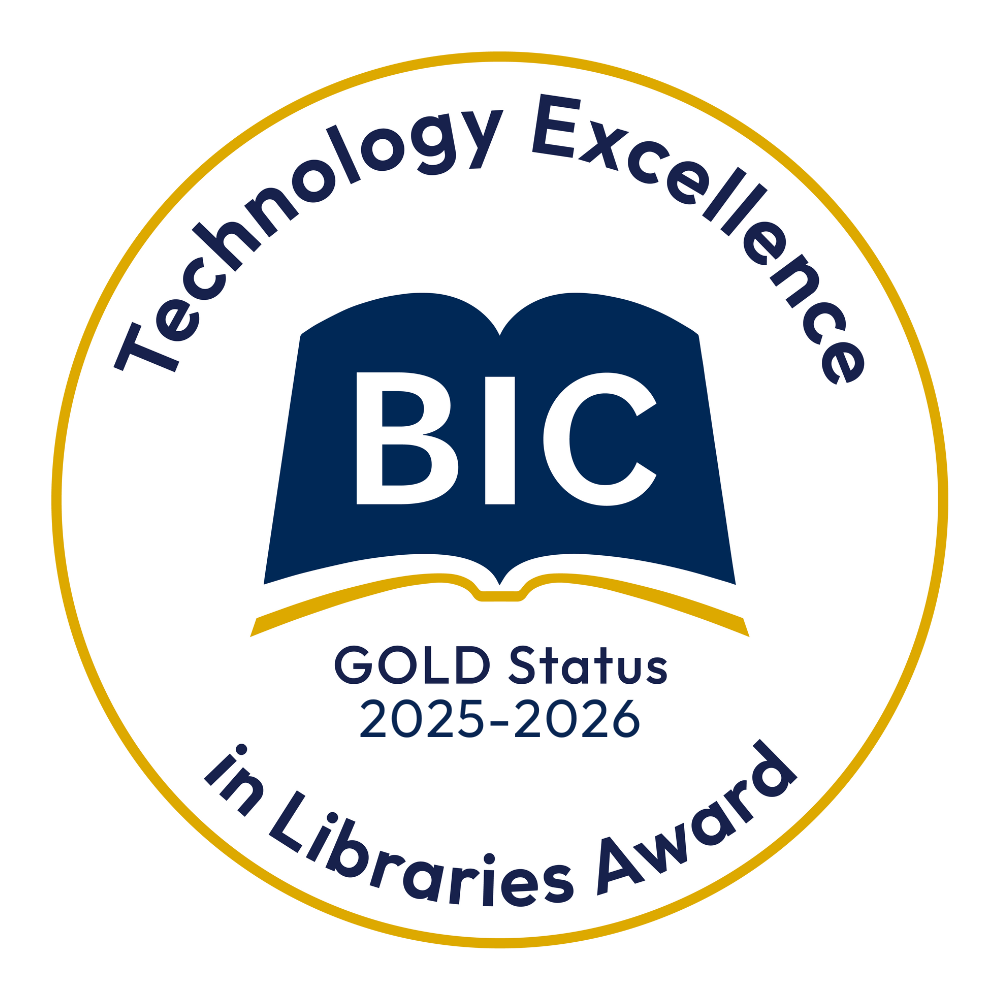For help, advice and telephone ordering call our team on 0121 666 6646
Are you sure you wish to delete this basket?()
This action cannot be undone.
Sorry, something went wrong
Please report the problem here.
Why education matters and the role it plays: Nura and the Immortal Palace
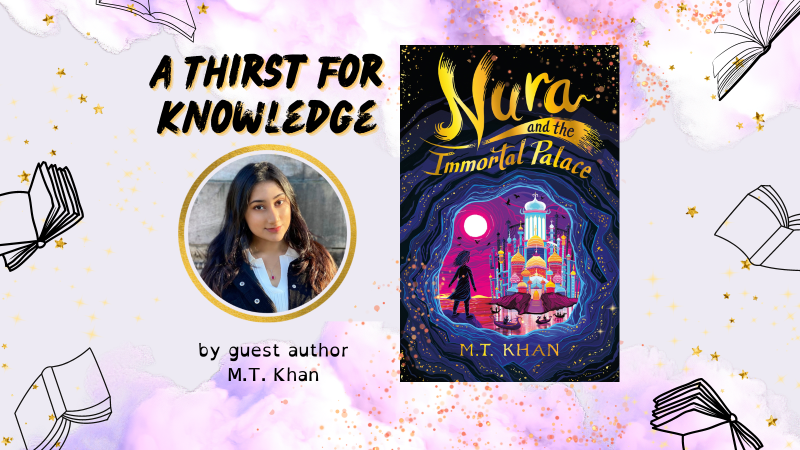
September 16th 2022
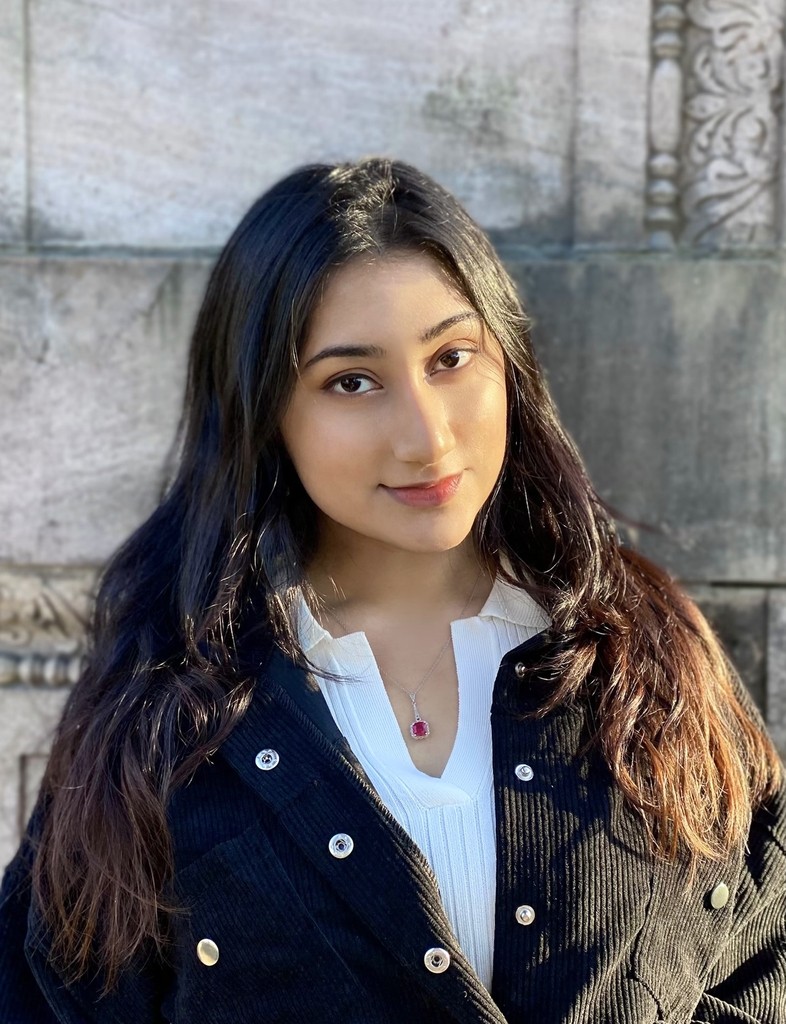 |
Guest blogger: M.T. Khan Born in Lahore, Pakistan, M.T. Khan currently resides in Toronto, Canada, with her nose deep in a physics textbook while she studies Mechanical Engineering. Her speculative fiction reveals a deep love for all things myth, science, and philosophy, and her stories magically combine all three, creating evocative worlds and dark possibilities. |
Why does school matter? Our guest author M.T. Khan tells Peters all about her main character Nura, and the importance of education in freeing children from hopelessness so they can realise their potential and their dreams.
Ask a child near you how they feel about school, and their answers will often fall on the spectrum of boring to don’t want to go to annoying. The protagonist of my debut novel, Nura and the Immortal Palace, will tell you the same thing. But for Nura, she doesn’t have the option to go to school. Her opinion is formed on the basis that if she can’t attend, she might as well complain about how bad it is anyway.
But her situation isn’t like most. Born into poverty, with a family of five and a single mother, Nura doesn’t go to school because she’s busy mining mica 9a group of minerals), risking her life to put food on the table. The ability to sit at a desk and hold a pencil between her fingers is a luxury she can’t afford. Without even being able to read, Nura’s worldview is a narrow one, consisting of survival and the trivial goals of biting into a sweet gulab jamun.
That’s the problem: without education, a looking glass into our potential future, we don’t see anything beyond the next day. How will dreams, hopes and goals find a footing in our heads if we can’t even be sure what we’ll be eating for dinner? Education shouldn’t be seen as just a phase of life; a couple of years before we get a diploma and are shipped off into mindless jobs. Educations means more than that. To some, education is the only path forward, the only method of escape.
"To some, education is the only path forward, the only method of escape"
Children like Nura, like her family, and so many other victims of natural disasters, wars or poverty, could have their entire lives changed by attending school. Many children may see reading books or solving math equations as tedious, banal, and not worth their time, but the solution to poverty might just be in that formula. Education is a gateway to opportunity, insights and skill. Nura doesn’t dwell on the lives of schoolgirls when she sees them, but on rare occasions, she does wonder: if she’s as clever as she is now, how much smarter could she be if she went to school?
Digging through a collapsed mine to save her friend, stumbling into a strange realm of trickster beings called jinn, and then being duped into working for them – these are all events that happen to Nura, but the fact that it happens to be specifically her isn’t mysterious or accidental. Children like Nura, those without education, or ones steeped in poverty, become easy prey to people in power. Without knowledge of laws, history or even the subtle differences between a friendly smile and a wicked one, it’s not hard to fall into traps or trickery.
But Nura’s story isn’t a hopeless one. When finally given the chance to attend school, she reaches forward to grasp it. Nura knows this is a light at the end of the tunnel, the only way she can allow herself to dream, the realisation that she can finally hope for something more. Education is that powerful, when it is allowed to be.
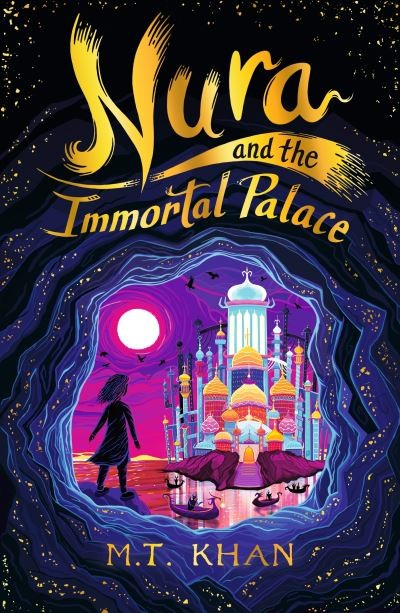 |
Immerse yourself in M.T. Khan's vivid debut today. |


